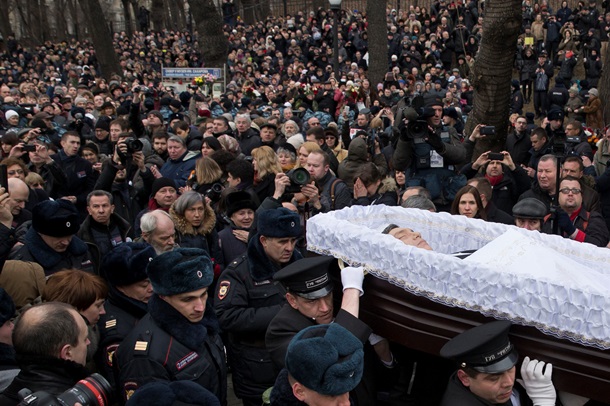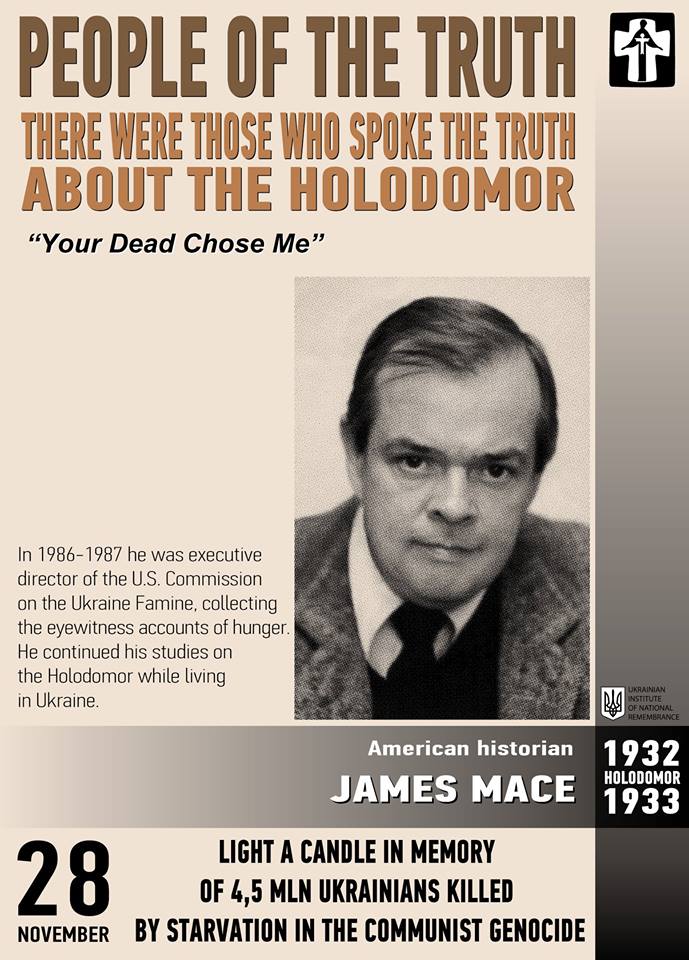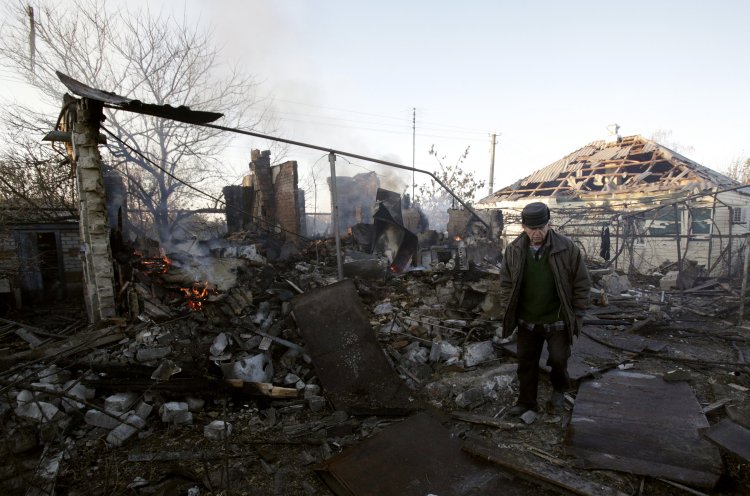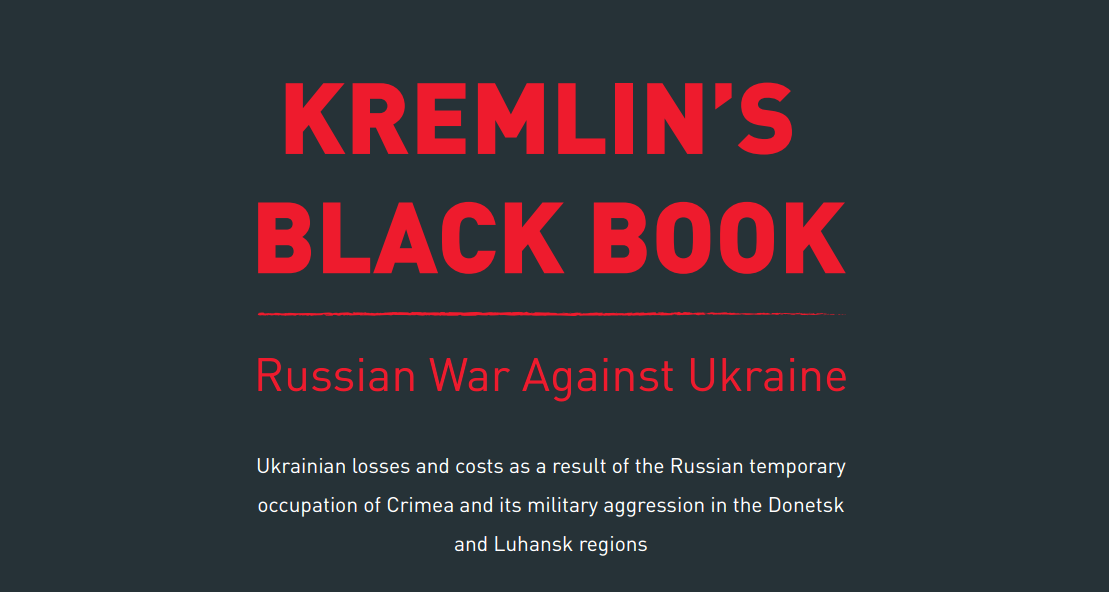1. Exotic means of murdering
The most dramatic insight is the large number of Kremlin critics murdered by exotic poisons and other means. That the Kremlin is accused of murdering critics of President Putin is not new, but the Litvinenko inquiry provides a breathtaking summary of the number and manner of the killings. John Le Carré couldn’t write this stuff.
The inquiry lists at least 13 murders, and there are numerous more. The victims die from gunshot, such as Anna Politovskaya, crusading journalist, and Boris Nemtsov, opposition leader, or from poisons of various kinds, such as Ibn Khattab, Islamist guerrilla leader, who was killed with a poison letter, or Alexander Perepilichny, businessman and whistleblower, who may have died from ingesting a rare poison flower, or from radioactive materials, such as Roman Tsepov, one time associate of Putin, who died from an unknown material, and, of course, Alexander Litvinenko who died from ingesting polonium 210 while drinking tea with two Russian agents at the Millennium Hotel in London. The list goes on.
The inquiry observes,
“These cases suggest that in the years prior to Mr. Litvinenko’s death, the Russian State may have been involved in the assassination of Mr. Putin’s critics; they suggest that those who were seeking to uncover the truth about the 1999 apartment bombings may have been targeted, and that living overseas may not have provided complete protection. Lastly, these cases suggest that the Russian State may have sponsored attacks against its opponents using poisons, including radioactive poisons.”
Since Mr. Litvinenko’s death in 2006 the number of unsolved murders has only grown.
The inquiry is quick to say that much of the evidence for Kremlin involvement is circumstantial, as many of these murders are unsolved. However, the impression from so many unsolved murders is that the relevant question is not if any one person died at the hands of the Kremlin but given that they were all critics of Putin and the large number of deaths and exotic methods, what are the odds that it is not the Kremlin? The Litvinenko inquiry points the finger directly at the Kremlin and at Putin personally.
2. Careful, systematic preparation for murders
A second, intriguing insight is Putin’s fastidiousness. Putin may have prepared the way for Litvinenko’s murder and the murders of others by enacting laws that legitimated murder by the FSB at home and abroad. In 2006, just before the murders of Politovskaya and Litvinenko, Putin signed a Counteraction to Terrorism law that permits the Russian military and “federal security services” (or FSB) to take action against terrorism outside of Russia. Putin also signed an amendment to a Counteracting Extremist Activity law that one expert witness described as,
“Extravagantly vague, and more than one category allows for unfettered repressive activity by the authorities. The item on the slandering of holders of public office is remarkable for the room it gives to treat any strident critique of the President or other leading officials as extremism.”
There is disagreement about the scope of the laws, but the upshot is that the laws are said to have created an atmosphere where the FSB was free to act without constraint. In short, the laws gave legal cover to Putin and the FSB to murder critics at home and abroad. However, if these murders had been going on for some years already, why pass the laws?

The explanation may be that the inquiry learned that a list of targets had been drawn up in 2006 that included Politovskaya, Litvinenko and others. This suggests a systematic campaign seemingly directed at critics of the 1999 Moscow bombings and Putin’s second Chechen war, rather than ad hoc or opportunistic killings. Moreover, the names on the list were prominent expatriates, some living in London. For such high profile killings, Putin may have felt he needed legal cover. Or, it may be that, having perfected a regimen of political killings, it was time to tidy up the practice with some authorizing legislation.
The murders of Putin critics may be immoral, objectively illegal, or contrary to international law, but Putin may have felt the 2006 laws provided adequate cover for a willfully ignorant Russian population and for an international community that is hesitant to out Mr. Putin’s rogue behavior. One need look no further than Putin’s high popularity ratings in Russia each time he goes rogue or at Britain’s hesitancy to act on the compelling evidence of the Litvinenko inquiry.
3. Law used as tool to legitimize criminal acts
The third insight is that this torturing of the law by Putin to suit base purposes has eroded the basic logic that law serves to establish acceptable and commonly held norms of civil conduct. Putin has used hastily passed legislation on numerous occasions to cover actions well beyond the reach of normal legal standards, including the annexation of Crimea and invasion of eastern Ukraine.

In Putin’s hands, the law is a tool used to legitimate criminal acts, such as murder, or to deny inconvenient truths, such as the deaths of Russian troops in eastern Ukraine. Putin even turns the law on its head to suppress opposition to his actions by criminalizing rights guaranteed by the Russian constitution, such as free speech (Chapter 3, Article 29, of the 1993 Constitution).
The Russian Constitution is a sound document of high principle, that provides “…for the rights and freedoms of man and citizen according to the universally recognized principles and norms of international law and according to the present Constitution.” Under the Russian constitution, the President is guarantor of these principles. At the moment, it just doesn’t work that way.
Want to know what Putin will do next? Check his legislative agenda.






